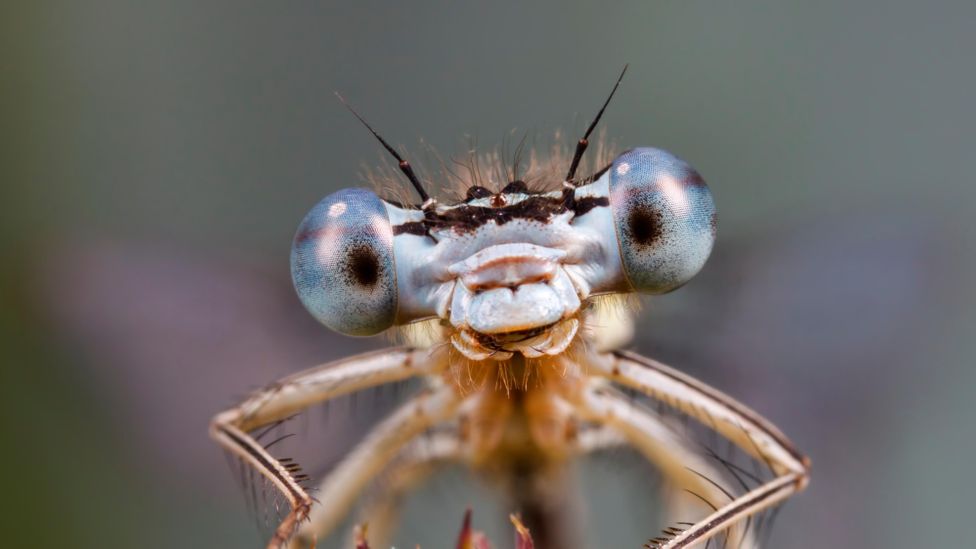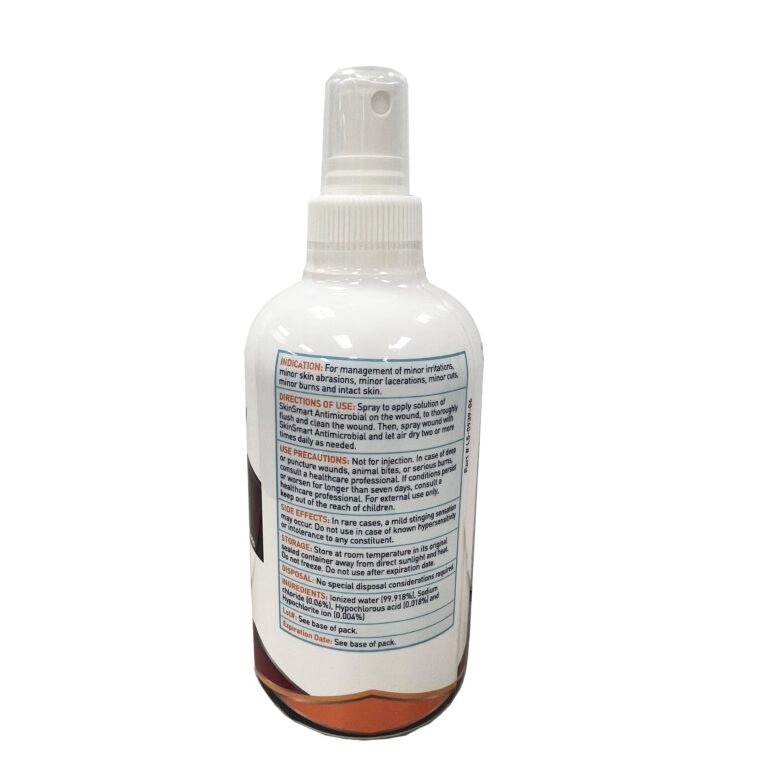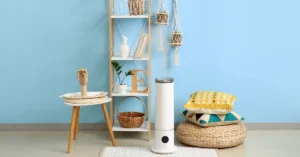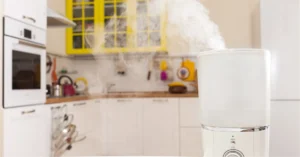Bugs do not hate ionized air, but they are repelled by it due to its negative charge. Insects are naturally positively charged, so when they come into contact with ionized air, it creates an imbalance that repels them.
Introducing ionized air can be an effective method for keeping bugs away. This technology works by electrically charging air molecules, creating negatively charged ions that attach to dust particles, pollen, and other airborne pollutants. The negatively charged particles then repel each other, causing them to disperse and settle, reducing the presence of allergens and irritants in the air.
In addition to its air purification benefits, ionized air also acts as a natural deterrent for insects. The negative charge created by ionization disrupts their electrical balance, making it difficult for them to navigate and locate food sources. As a result, bugs such as mosquitoes, flies, and gnats are less likely to linger in areas with ionized air. Overall, incorporating ionized air technology can not only improve indoor air quality but also help in keeping unwanted bugs at bay.
The Curious Relationship Between Bugs And Air Ionization
The relationship between bugs and air ionization has sparked curiosity among many. The science behind air ionization reveals interesting insights into this matter. Unveiling the suspicions surrounding the topic, it is often wondered if bugs are repelled by ionized air. Some believe that ionization creates an environment that insects find inhospitable, leading them to avoid such areas.
However, it is necessary to debunk popular myths associated with bugs and ionization. While air ionizers have been proven to offer several benefits such as removing pollutants from the air, they are not specifically designed to repel insects. Bugs are driven by various factors including food availability, habitat suitability, and external stimuli, rather than the presence of ionized air.
The Impact Of Ionized Air On Different Insect Species
Ionized air has been a topic of interest when it comes to its impact on different insect species. The effects of ionization on bugs tend to vary based on the type of insect. Mosquitoes, for instance, surprisingly become allies in the battle against bites when exposed to ionized air. These pests tend to avoid areas with higher levels of ionization, reducing the chances of mosquito bites. On the other hand, roaches, which are notorious pests, may or may not be affected by ionization, depending on the specific circumstances. Although ionization may not completely solve your pest problem caused by roaches, it may contribute to making the environment less favorable for their survival.
Exploring The Pros And Cons Of Air Ionizers For Bug Control
The Pros of Using Air Ionizers as Bug Repellents
- Efficient bug control: Air ionizers emit negative ions that attach to airborne particles, including bugs, making them heavy and causing them to fall to the ground or get drawn into the ionizer, reducing their presence in the air.
- Safe and non-toxic: Unlike chemical bug repellents, air ionizers do not release harmful toxins or chemicals into the environment, making them a safe and eco-friendly option for bug control.
- No need for maintenance: Air ionizers require minimal maintenance, with no need for refills or replacements, making them a convenient and cost-effective solution.
The Cons of Relying Solely on Ionization for Bug Control
- Limited effectiveness: While air ionizers can help reduce bugs in the air, they may not eliminate bugs hiding in cracks, crevices, or other inaccessible areas of the home or outdoor spaces.
- No immediate results: It may take some time for air ionizers to effectively repel bugs, as it requires continuous ionization to impact the bug population.
- Lack of versatility: Air ionizers primarily target bugs in the air and may not be as effective against crawling insects or pests that do not rely on flying or jumping for mobility.
Maximizing the Effectiveness: Combining Air Ionizers with Other Methods
- Integrated pest management: Using air ionizers as part of an integrated pest management approach can maximize their impact by combining them with other bug control methods, such as physical barriers, cleaning, and targeted treatments.
- Regular cleaning and maintenance: Keeping the environment clean and eliminating potential bug attractants, such as food crumbs or standing water, can complement the bug-repellent properties of air ionizers.
- Consulting professionals: For severe bug infestations, seeking advice from pest control professionals can help determine the most appropriate and effective combination of bug control methods, including air ionizers.

Credit: www.bbc.com
Frequently Asked Questions On Do Bugs Hate Ionized Air
Do Air Purifiers Repel Insects?
Air purifiers do not repel insects. They are designed to remove airborne particles such as dust, pollen, and pet dander, but they do not have any effect on insects. Insects are best controlled through proper sanitation and pest management techniques.
Do Negative Ions Repel Bugs?
Yes, negative ions can repel bugs. Negative ions create an unfavorable environment for bugs, making it difficult for them to survive and reproduce. This deterrent effect is particularly effective against mosquitoes, flies, and other insects.
Does Ozone Repel Mosquitoes?
Yes, ozone can repel mosquitoes. Ozone has a strong odor that confuses and repels mosquitoes, keeping them away.
What Are The Benefits Of Air Ionizer?
Air ionizers have several benefits, including improving air quality by reducing allergens, pollutants, and unpleasant odors. They can also help relieve symptoms of respiratory conditions like asthma and allergies. Additionally, air ionizers can create a soothing and calming atmosphere by promoting relaxation and improving sleep quality.
Conclusion
The evidence indicates that bugs may dislike ionized air. These findings suggest that ionization technology can play a beneficial role in pest control. By repelling bugs without the use of harmful chemicals, ionized air can help create a more comfortable and pest-free environment in homes and businesses.
So, if you’re looking for a natural and effective way to keep bugs at bay, consider harnessing the power of ionized air.




